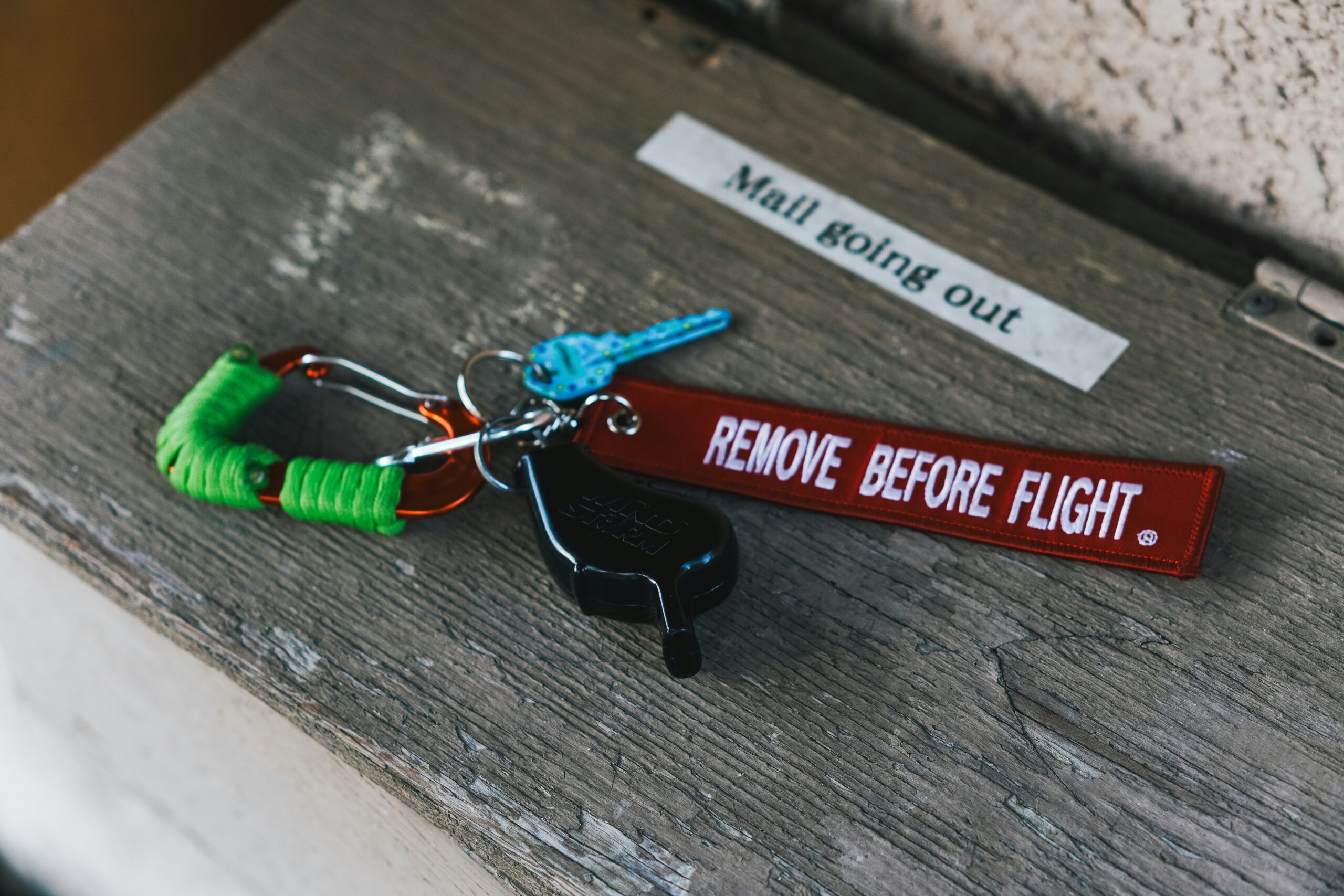Author:
IBC Team
21 August 2024
The dimension of Voice and Accountability is reciprocal. On one side, people or press are echoing their voices to ensure governance is improved. On the other side, the government needs to ensure accountability is maintained.
Indonesia has shown their strong commitment in delivering accountability. For instance, Indonesia has enforced the digitization process to emphasize on transparency or strengthen its commitment to the anti-corruption agenda through ratifying the UNCAC. Under these circumstances, the digitalization and anti-corruption agenda can be a substantial mix to solidify accountability. Therefore, mechanisms such as whistleblowing systems that combine digital aspects and enhance anti-corruption agenda can be explored.
Fundamentally, the government has provided a legal basis for implementing a whistleblowing system. For instance, as Indonesia has ratified the UNCAC and adopted its substances through various regulations, one of them is Government Regulations No. 43/2018 that regulates the role of civil society in preventing and eradicating corruption. This Government Regulation also stands as one of the legal basis for implementing the whistleblowing system.
Furthermore, the implementation of “LAPOR!” has been evidently proven in improving governance and policy making process. In 2018, the Government of Banjarmasin launched the “Ba3” program which stands for ”Banjarmasin tanpa banjir, Banjarmasin tanpa lubang, dan Banjarmasin tetap terang.” This program was formulated in response to a significant number of citizen reports in “LAPOR!”.
Key takeaways for a better whistle blowing system. Despite the success story of Banjarmasin in utilizing “LAPOR!”, the Ombudsman finds that this program is significantly relying on political will of the leaders. Consequently, the standardization of “LAPOR!” is not being implemented thoroughly across regional governments. Hence, it is important to assure “LAPOR!” is being implemented effectively across the regional government and other government bodies.
Furthermore, to improve Indonesia’s whistleblowing system, several aspects are required to be counted. Essentially, after the UNCAC, many national levels are adopting whistleblower laws. The National Whistleblower Center (NWC) calculated that there are approximately 59 countries that have adopted and implemented a whistleblower system. Amongst those 59 countries, NWC has identified four key takeaways for successful implementation: confidentiality of identities; financial rewards; retaliation mechanism; and involvement of independent actors.



